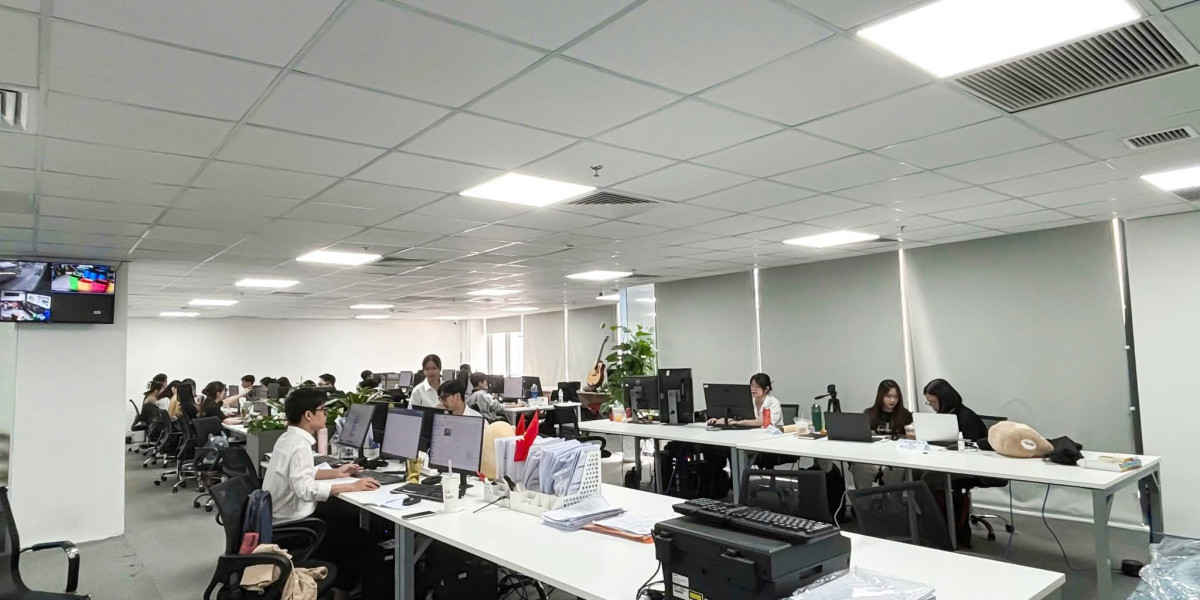Climate modification: Growing doubts over chip fat biofuel
21 April 2021
remarks
354 Comments
New research study concerns the ecological impact of increasing imports of used cooking oil (UCO) into the UK and Europe.
Chip fat and other oils are thought about waste, so when they are utilized to make biodiesel it saves carbon emissions by displacing fossil oil.
But such is the demand throughout Europe that imports now account for over half of the UCO that's made into fuel.
According to the study, external, there's no other way to show these imports are sustainable.
Without any testing of what's can be found in, experts believe it is likewise ripe for scams.
Used cooking oil imports may enhance deforestation
Consumers present 'growing hazard' to tropical forests
Reducing emissions from transportation is proving to be one of the most difficult obstacles for governments all over the world.
They've encouraged using biofuels as an important means of curbing carbon from cars and trucks.
Biofuels are usually a mix of nonrenewable fuel source and oil made from plants or vegetables.
The reality that these crops can be re-grown and soak up more CO2 implies they cancel out the carbon given off when utilized in engines.

Soy and palm oil were once commonly utilized as components of biodiesel but this practice has been widely rejected since it encourages logging.
So for the last decade or so, the usage of utilized cooking oil has expanded massively as an alternative feedstock for fuel.

Chip fat and other waste oils have actually ended up being a crucial component of biodiesel with an efficient market emerging across Europe to gather and process the product.
But with the quantity of biodiesel made from UCO increasing by around 40% every year because 2014, there just isn't adequate chip fat to go around.
According to a report from the campaign group Transport & Environment, external, majority of the UCO utilized in Europe is imported.
Their study recommends this is extremely troublesome when it pertains to influence on the environment.
While UCO is considered a waste product in the UK, in China, Indonesia and Malaysia it has actually long been utilized to feed animals. The report raises the question of what individuals in these nations are replacing the UCO with, when it is exported.
In 2019, Malaysia exported 90 million litres of UCO to the UK and Ireland. Figures for their exports to other European nations aren't offered but the flow of UCO is most likely to be comparable.
With a population of around 33 million, that's close to 3 litres per head of used oil that's collected and exported to the UK and Ireland alone.
By comparison, Thailand, which has a population of 70 million individuals, handled to gather around 5 million litres of UCO in 2019.
"Because we are buying it, they have less utilized cooking oil to use on the important things that they were previously utilizing it for," said Greg Archer with Transport & Environment.
"And they're simply purchasing more virgin oil which virgin oil is largely palm oil, since that's the cheapest oil readily available.
"So indirectly, we're just motivating more logging in Southeast Asia."
Another significant issue with UCO is the suspicion of scams.
Because of need from Europe, the price of UCO is typically greater than palm oil. The concern is that some unethical traders are simply diluting shipments of UCO with palm.
As oils of different types are mixed in bulk for transport, and no screening of the materials is carried out, some specialists believe scams is rife.
The idea of scams anywhere along the chain of supply is rejected by the European Waste-to-Advanced Biofuels Association (EWABA), who say there are robust certification schemes in place.
"It is commonly known that the European Commission has taken relevant steps to totally curb unsound market practices in biofuel markets," stated Angel Alberdi, EWABA's secretary general.
He says a brand-new database being developed by the EU will ensure that trading, certification and sustainability information on all bio-liquids will have to be signed up.
"The combination of revised accreditation plans and the pan-EU track and trace database will make sure that no sustainability problems emerge in the whole biofuels and bio-liquids supply chain," he told BBC News.
Others in the field are worried that the database concept, which was very first mooted in 2018, might not be reliable in stemming presumed scams.
The report from Transport & Environment mentions that with shipping and aviation aiming to decarbonise by utilizing biofuels, need for UCO could double over the next years.
"Rising the demand beyond sustainable supply levels would increase these issues, and dangers of utilizing 'fake' UCO, possibly resulting in indirect impacts such as deforestation."
Follow Matt on Twitter @mattmcgrathbbc, external.
Related subjects
COP26
Paris climate agreement
Climate







